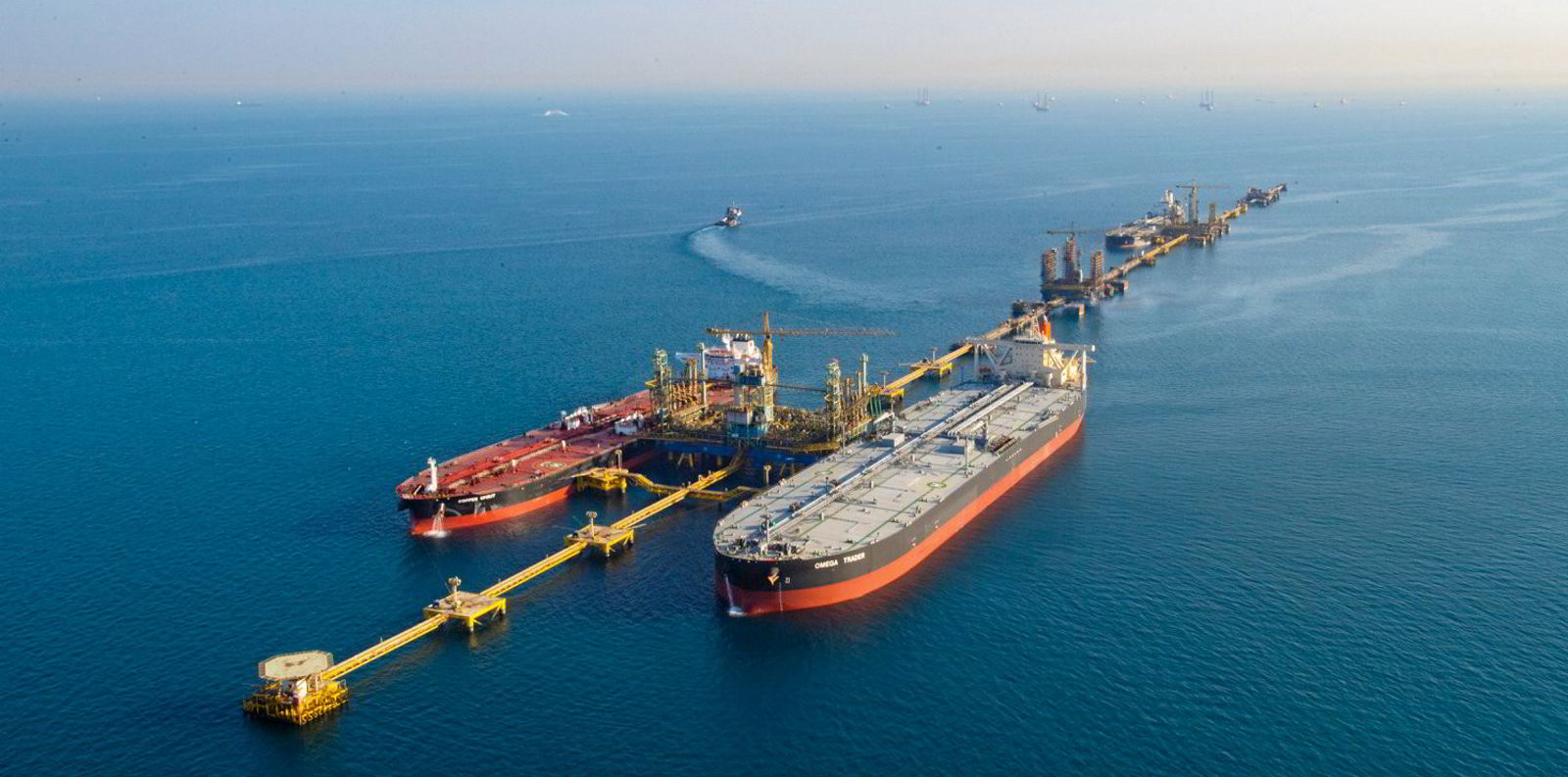Tanker owners will be under less pressure to renew their fleets as global peak oil demand moves into view after 2030, according to UK broker Gibsons.
The London shop believes a key factor in putting a date on this tipping point is decarbonisation policy.
Europe, the UK, the US and China are all scheduled to phase out the sale of new petrol and diesel vehicles by 2040, with sales expected to decline dramatically over the course of this decade and 2030s.
This suggests peak oil demand would take place somewhere between 2030 and 2040, Gibsons said.
And the broker reckons regions like Europe could peak earlier than developing economies in Asia, Africa and the Middle East.
“Therefore, slower longer term oil demand growth rates and an eventual peak in demand suggests tanker owners will need to engage in lower fleet replenishment,” Gibsons said.
“This investment will likely concentrate on replacing older and less economical tonnage, as well as ensuring regulatory compliance,” the company added.
But Gibsons argues that over the medium term, aside from the risk of recession, the oil trade is expected to continue growing.
The company said the current spike in global oil prices and a tight supply situation have put the issue of peak oil demand back into focus.
“Those who thought the Covid-19 demand destruction of 2020 would permanently dent world oil demand were quickly proven wrong as shown by the 5.7% rebound in demand in 2021,” Gibsons said.
Predictions are risky
Demand has continued to expand, despite oil prices trading firmly in the $100 per barrel range, since the start of the invasion of Ukraine.
Any decline in demand after the peak is “unlikely to be cliff edge” and oil is likely to play a role in the global economy for decades to come past 2040, Gibsons believes.
The International Energy Agency (IEA) has revised its demand growth estimates for 2022 and 2023.
The agency now expects this to be 99.2m barrels per day and 101.32m barrels per day, respectively, down from 99.43m bpd and 101.6m in the June prediction.
“Since the invasion, few have dared to predict longer term oil demand given the uncertainties involved, with the IEA’s flagship oil 2022 report being understandably delayed past its original March release date,” Gibsons said.
Few other forecasting agencies are willing to take a stab at long-term oil demand with any degree of confidence.




